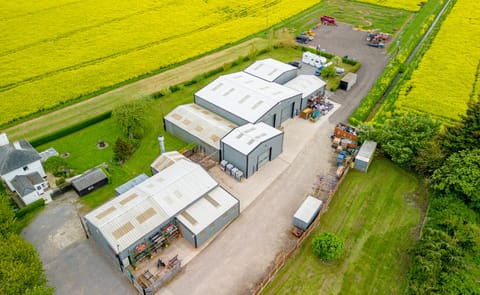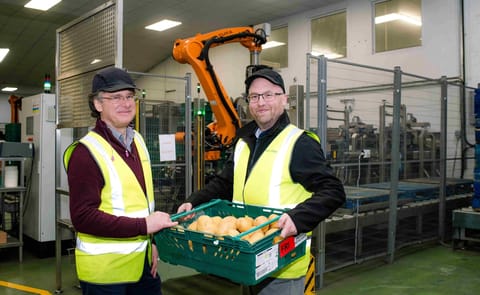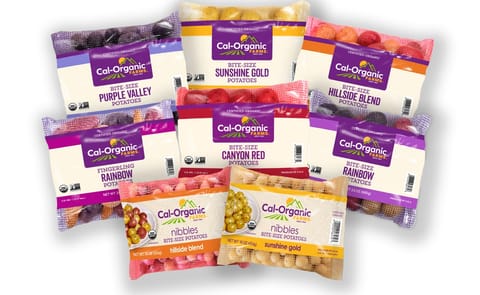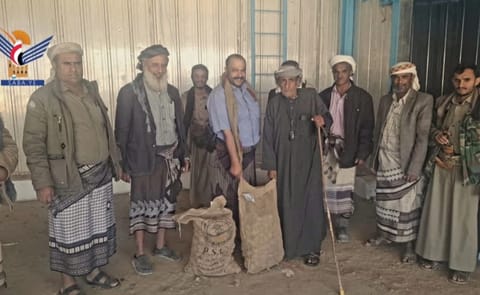TOMRA Sorting Solutions highlights whole potato capabilities at Potato Europe
TOMRA Sorting Solutions highlights whole potato capabilities at Potato Europe

Sensor-based sorting systems pioneer TOMRA Sorting Solutions will showcase its whole potato capabilities at potato industry event Potato Europe.
The company will demonstrate its Field Potato Sorter (FPS) and display its Halo optical sorter at Potato Europe, the premier international trade fair for the industry across the continent. The event takes place on September 11 and 12 at Emmeloord, in the Netherlands, and the TOMRA systems can be seen at stand C 370.
Representing TOMRA’s entry into the unwashed potato market, the FPS uses unique near infra-red (NIR) technology to remove soil clods, stones and rotten potatoes. It also removes the foreign material commonly found in European fields, such as golf balls, plastics and wood. The FPS offers significant reductions in labor and storage costs, alongside improved yields, quality and operational efficiency.
Explaining how the FPS worked, Mr Frost said: “The system uses top sensor banks to view each object in-flight, via NIR sensor-based spectroscopy. The machine performs targeted spectroscopy by scanning and obtaining multiple frequency responses for all objects - classifying them as potatoes, stones, clods or other foreign material - to produce a highly reliable and consistent sort quality. “A high volume, high capacity, robust machine, built-to-last for growers and packers, the FPS is ideal for the difficult lifting and variable crop conditions often found in Europe.”
The Halo provides high-performance sorting and grading for quality, size and food safety. Mr Frost said: “Combining intelligence with advanced controls, the long-life, compact Halo sorter provides sort flexibility and accuracy. Using top and bottom sensor banks to view each object in-flight, the machine deploys a combination of light-emitting diode, charge-coupled device camera and NIR, to perform targeted spectroscopy with 1mm precision.
“The highly advanced Halo system views and analyses visible attributes - such as colors, shapes, blemishes, foreign materials and difficult-to-see defects in product composition - to produce a highly accurate, flexible and controllable sort.”
TOMRA says the Halo system’s benefits include: significant labor cost reductions, averaging 80 per cent;yield increases of up to four per cent;low operational costs;and fast return on investment. Fresh pack Halo applications include: salad, small, main crop, large, sweet and russet potatoes;carrots;parsnips;onions;tomatoes;pickles;cucumbers;and gherkins. Processor applications include: peeled and unpeeled potatoes;carrots;peach and pear halves;tomatoes;green beans, onions;apricots;and citrus fruits, such as oranges and mandarins.
TOMRA Sorting Solutions creates sensor-based technologies for sorting, peeling and process analytics. The company unites four strong brands under one roof: TITECH for recycling, TOMRA Sorting Mining for mining, ODENBERG for food and BEST for food and specialty products.
This powerful alliance makes the company one of the most advanced providers of sensor-based sorting solutions worldwide.
The alliance provides many benefits and synergies including 15 test centers worldwide, access to a vast array of technologies and a large research and development department. TOMRA Sorting Solutions’ global reach also allows it to deliver an enhanced service offering, with a shared service network ensuring the company is always close to its customers.
For more information visit www.tomrasorting.com<










